Leaving your car out in the cold might not be the best idea since the low temperature can seriously damage the battery. Do you know why and how the weather holds such a great impact on the batteries? As car owners, you’ll need to learn more about car battery dead cold weather and how to counter this.
The following article will provide informative and insightful information regarding your car batteries and cold weather.
Why Do Car Batteries Die In The Cold?
How Do Car Batteries Work?
Car batteries are designed with multiple cells containing certain chemical compounds, which can store and provide electrical energies if necessary. When the engine starts and the car begins to move, the alternator will convert those energies into electric currents to ignite the engine and run the electronics.
At the same time, cars are designed to have their battery consistently charged with the energies generated from the movement of your vehicle. Due to that reason, batteries can sustain their high voltages for a long time before you need to recharge or replace them manually.
All batteries have their ideal functioning temperatures, allowing them to operate without losing capacity and have an optimized lifespan.
This is also the reason why fluctuating temperatures can drastically affect your car’s battery, especially if you’re leaving in cold areas.
Why Is Winter Weather Hard on Your Car Batteries?
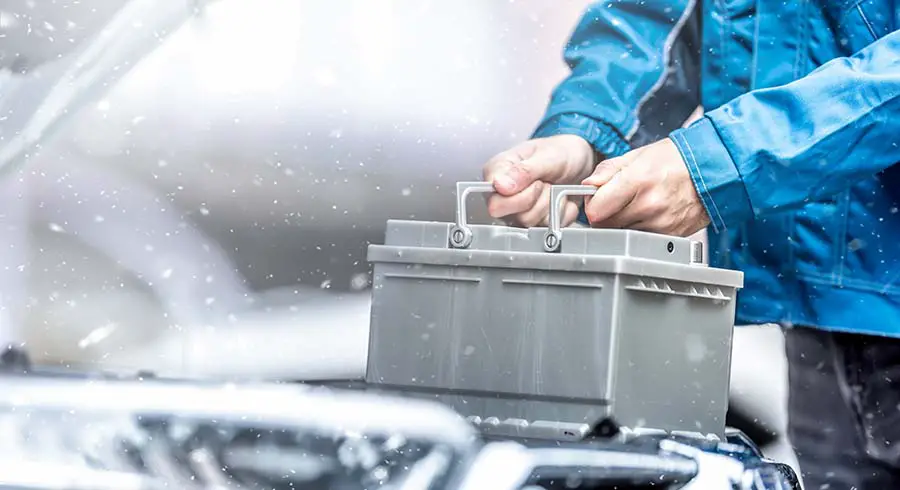
Under low temperatures, the car will draw out more power from its batteries to ignite the engine and allow the car to start moving, as the engine oils are now thickened, and the car parts are colder.
At the same time, cold temperature causes the converting chemical reactions inside the battery to slow down and make it slower for the unit to generate power. Consequently, reducing the amount of success you can have when powering up the vehicles.
If you have many electronics and technologies installed on the vehicle, then the cold weather will need to work extra hard during the winter months. These include the common seat warmers, lighting devices, and others. All will strain the battery and require more power from it.
And last but not least, if the temperature is too cold, there are chances that your battery will completely freeze.
The answer is -76°F on a fully charged battery and 32°F on a fully discharged battery. Hence, it’s recommended that you should always keep your battery at full to counter the cold weather.
See more: 8 Signs Your Car Battery Is Dying
How To Avoid Dead Batteries Caused By Cold Weather?
With all the tolls being taken, it’s no surprise that you’ll often find your battery dead or even completely dead during the winter. To prepare for these tough conditions, you should consider using our useful tips:
Avoid corrosion – one of the main reasons that cause the battery to be ineffectively charged is the presence of corrosion. These oxidized substances prevent the metal parts from properly connecting, so the terminal ends can’t receive enough electricity. Therefore, you will need to consistently clean up the terminals and cover them with protective rubbers to avoid corrosion.
Change engine oil – with the cold weather approaching; your engine oil will have more chances of being solidified, especially if the oil is already old and has many foreign substances inside. As mentioned above, this will require more power from the battery to start your engine. So, it’s highly recommended that you change the engine oil frequently to keep the car battery from being overused.
Spend time doing summer maintenance – before the winter months, you should have the vehicles going through complete maintenance to ensure that every part is functioning properly. But most importantly, please make sure that the battery isn’t rusting, and the chemical compounds are still clean.
Never park your car outdoors or overnight – The cold weather conditions remarkably affect your car’s battery life if you keep your vehicle inside the garage and away from the falling snow. And if you have to park your car outside, always remember to put on protective covers to prevent snow or ice from damaging the car.
View more: How Long Does A Car Battery Last?
Keep the battery at full and minimize usage – as mentioned above, the winter conditions will prevent your battery from reaching its full charge quickly. At the same time, also draw more powers from your batteries than usual. This indicates that you must minimize your battery usage and give more time to recharge the battery during cold weather.
Always ready for jump-starts – Unfortunately, even with all these precautions, there are still chances that your weakened battery might die during the winter months.
So, you must do a jump start to reignite the engine and keep your car going until you can reach the mechanic. This means that you always need to have your jumper cables ready. Also, do not expect other drivers to help you; instead, you can keep a spare battery pack in the trunk to prepare for the worst-case scenarios.
View more: What To Do When Car Battery Dies?
Conclusion
Needless to say, a car battery dead in cold weather is a critical issue that every driver must avoid. Apart from the corrosion of this part, there are other issues related to the battery during extreme coldness. So, it’s important to take precautions and prepare for any situation.
Don’t forget to learn how to handle car battery issues properly, as well as avoid cold damage to keep yours running for as long as needed.

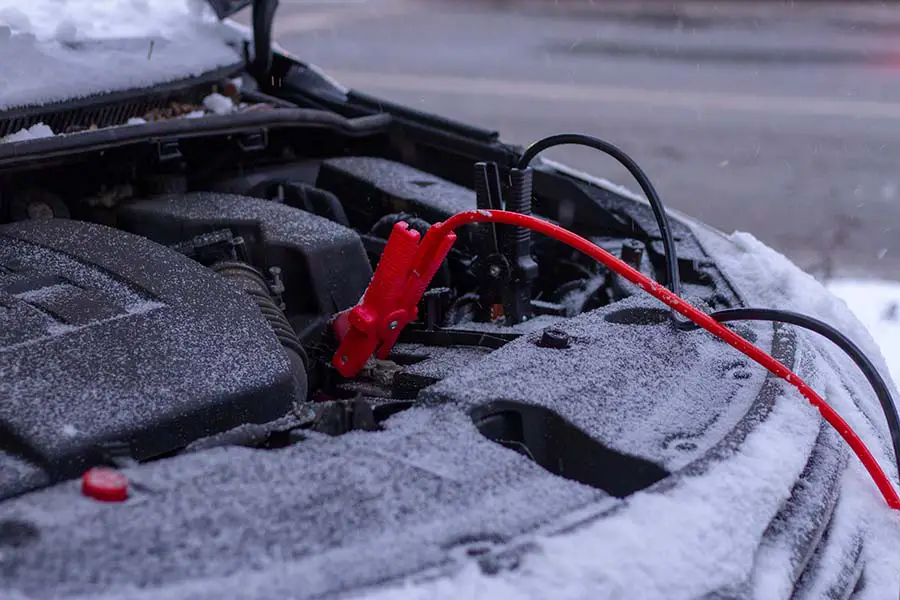

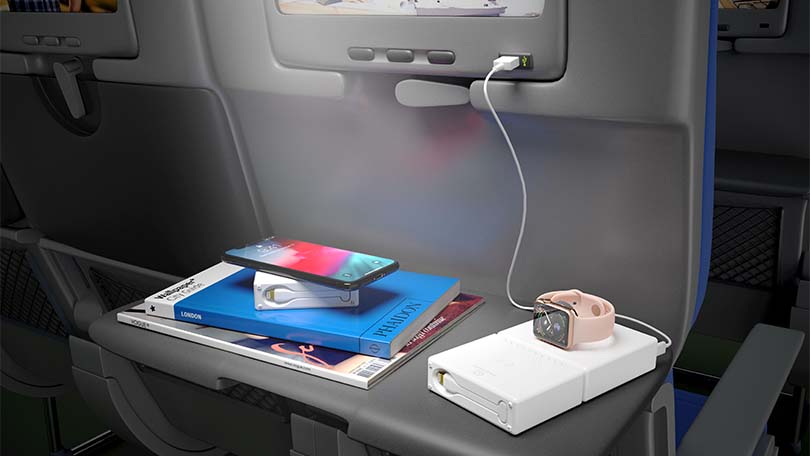



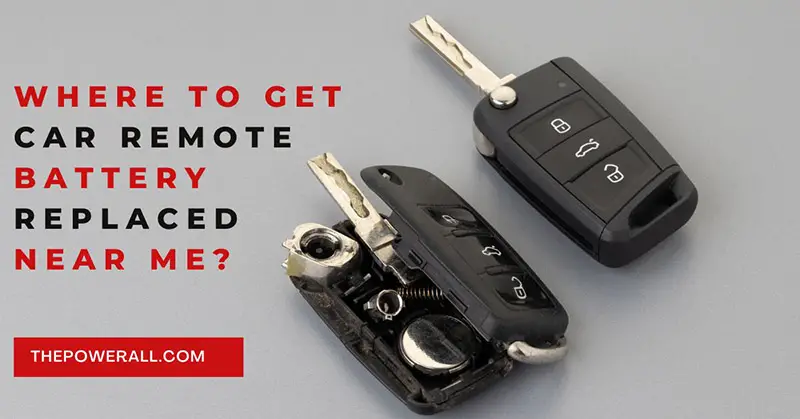
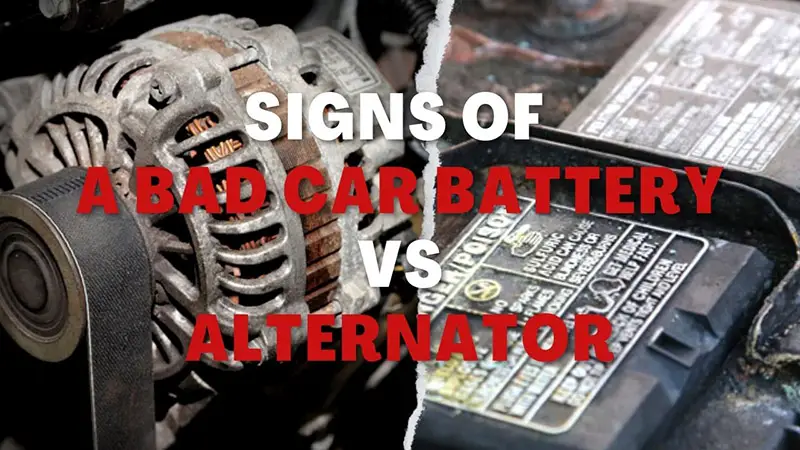
0 Comments